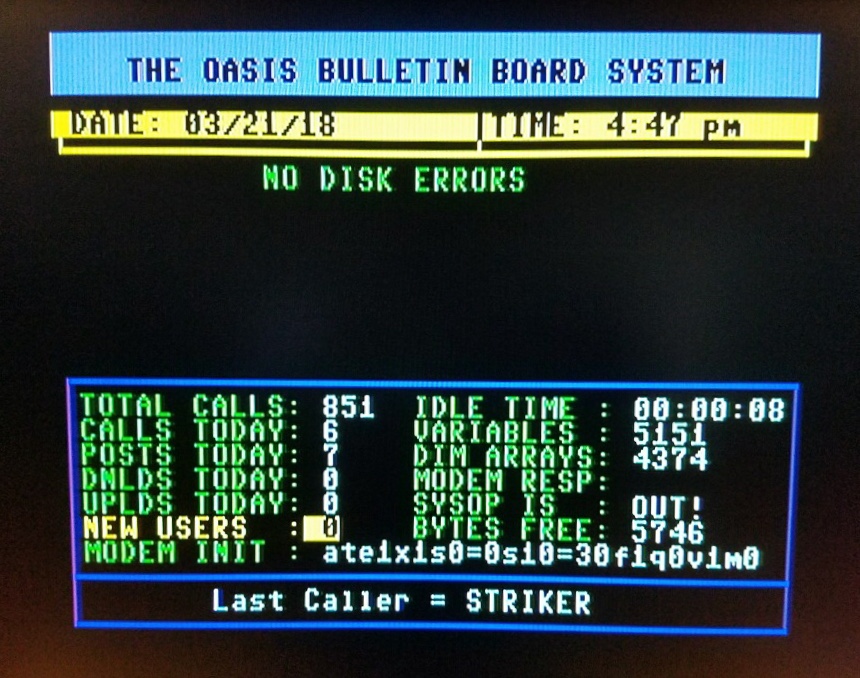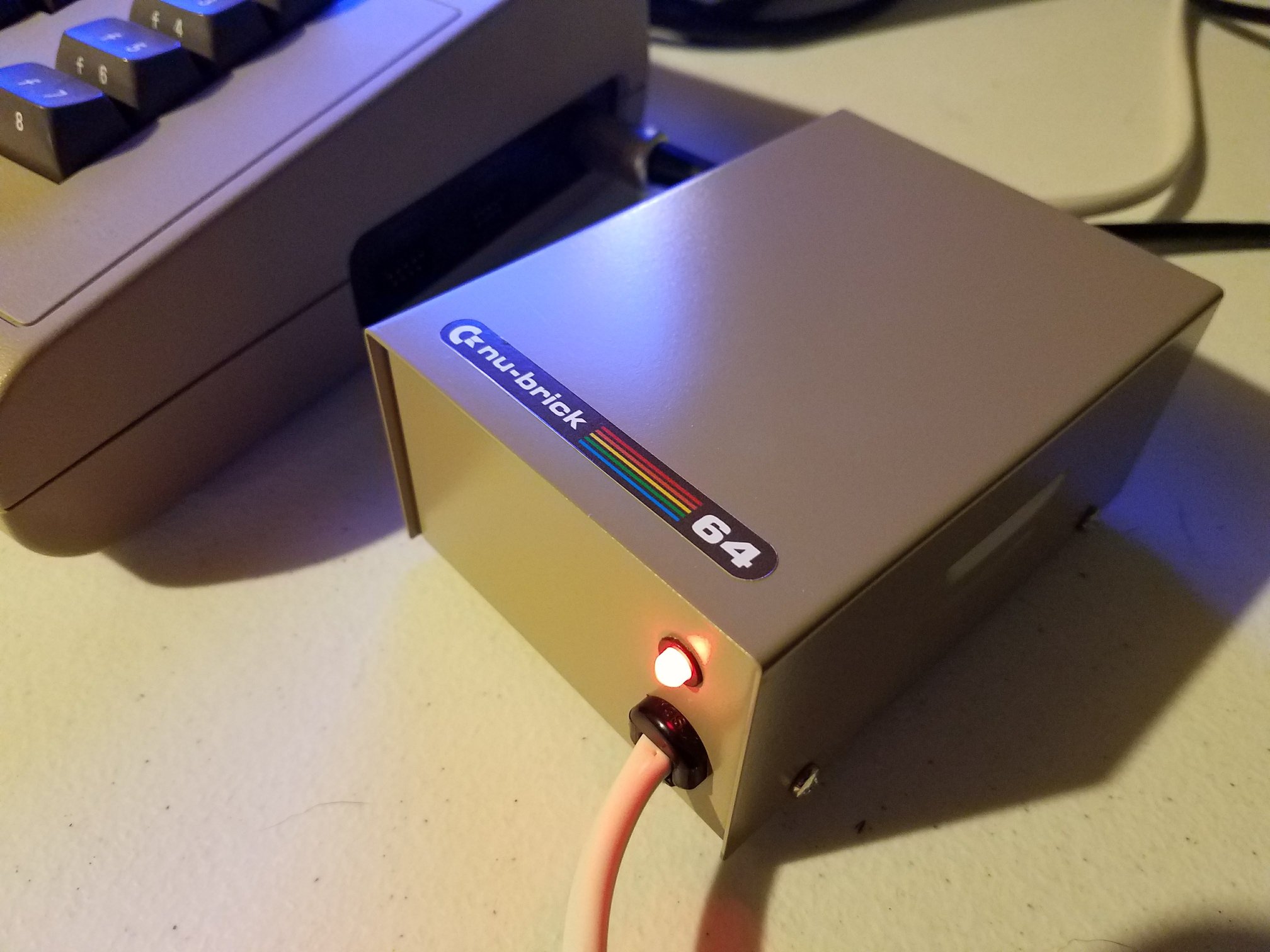The ugBASIC 1.16.4 update arrives with visible benefits for retro-computer enthusiasts and developers. It brings optimisations for space and speed on classic targets like the MOS 6502/6510/8502 and Zilog Z80 processors.
Firstly, this update joins the TSB Project, enabling compatibility with commands and syntax from Simons’ BASIC and Tuned Simons’ BASIC. It means legacy programs get a chance to compile under ugBASIC with fewer edits.
Next, automatic memory-bank loading enters the scene for systems such as the Commodore 64 REU, Thomson MO6, Thomson TO8 and TRS-80 Color Computer 3—even when resources aren’t explicitly marked as banked. Developers working on constrained memory targets will appreciate reduced footprint and recovered space.
Additionally, the DOJO protocol receives preliminary support, so ugBASIC can now connect to an external server for virtual game-rooms online. This opens doors for multiplayer or network-aware retro projects.
In practical terms, the compiler employs improved peephole optimizers, removes unused variables and boosts parsing memory by a factor of ten. Thus programs compile smaller and faster, freeing more resources for game logic or graphics.
Moreover, dynamic strings benefit from transpiration that makes them more space-efficient on embedded 8-bit systems. This addresses one of the key constraints of older hardware: memory for strings and data.
For developers targeting keyboards and joysticks, the Amstrad CPC keyboard driver now supports interrupt-based management, while the ZX Spectrum compiler treats directional input via WASD and builds floating-point numbers between 0.0 and 1.0 by default. These enhancements reduce platform-specific friction.
The release also lists many new commands: PLACE, CMOB, MOB ON/OFF, LOOP…EXIT IF…END LOOP, CHECK, ROT, DRAW, CSET, CGOTO, HIRES, MULTI, MOD, COLOR, WAVE, PAUSE, ENVELOPE, DUP, INST, FILL, CIRCLE, INSERT, DRAW TO, JOY (TSB convention), %%, $$, CENTER AT, ON KEY, CHAR, PROC, NRM, AT, KEYGET, PAINT, DO NULL, D.POKE, D.PEEK, REC and BLOCK. These additions give developers more tools for rich graphics, sound and interaction on legacy machines.
Taken together, the ugBASIC 1.16.4 update delivers a strong foundation for programmers working with 8-bit platforms and vintage hardware. It gives more efficient code generation, memory-banking support, language extensions and networking primitives. For users of the IDE and compiler, the improvements translate into more head-room for creative programming on hobby-grade systems.
For someone writing games or applications for the Commodore 64, TRS-80 Color Computer or Thomson machines, this release offers a meaningful boost. It allows maintaining compatibility with older BASIC dialects while leveraging modern compiler features.
Ultimately, this version shows how retro programming tools continue to evolve, giving creators more capability on classic hardware without sacrificing their beloved workflows.








